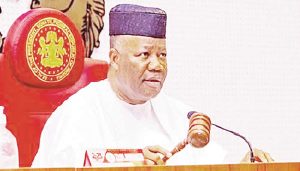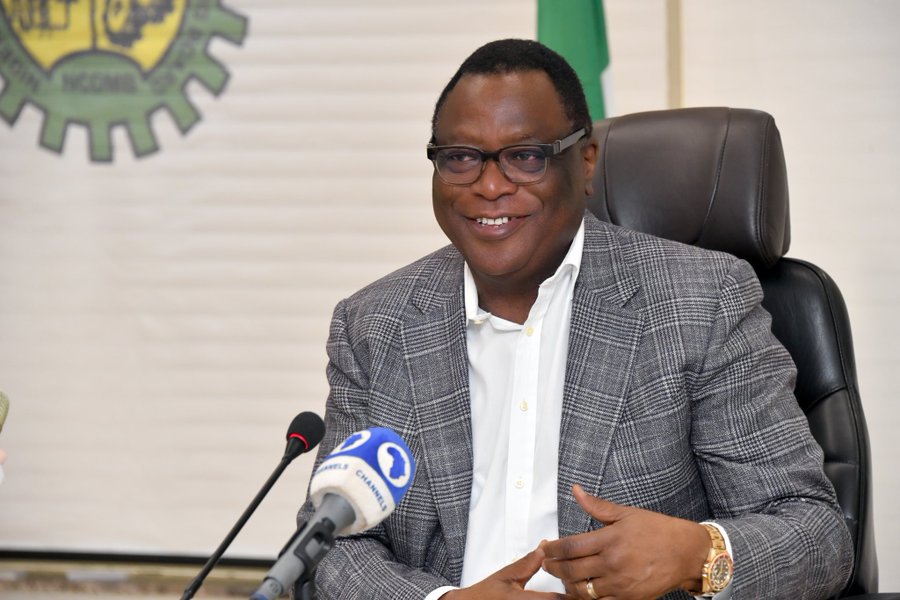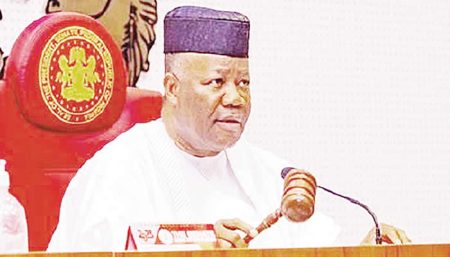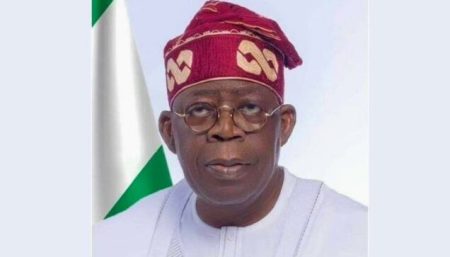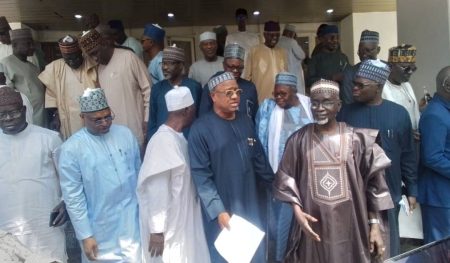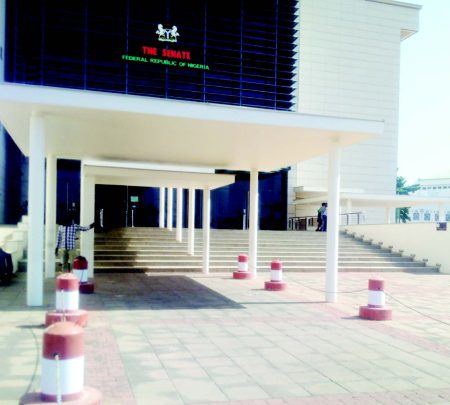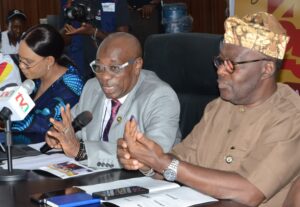Paragraph 1: Call for Local Content Prioritization in Nigeria’s Oil and Gas Sector
The Executive Secretary of the Nigerian Content Development and Monitoring Board (NCDMB), Felix Ogbe, has made a strong appeal to international oil companies (IOCs) operating in Nigeria to prioritize the engagement of local companies for their projects. This call to action was delivered during the Nigerian Oil and Gas Opportunity Fair (NOGOF) 2025 held in Yenagoa, Bayelsa State. The event, themed "Driving Investment and Production Growth: Shaping a Sustainable Oil and Gas Industry through Indigenous Capacity Development," brought together key stakeholders in the industry. Ogbe emphasized the importance of local content development as a crucial strategy for achieving national energy security and industrial prosperity.
Paragraph 2: Recognizing Achievements and Emphasizing Collaboration
Ogbe commended indigenous companies like Renaissance, Seplat, and Oando for their significant strides in acquiring onshore assets previously held by IOCs. He urged these companies to maintain momentum and further collaborate to support local content development through procurement, capacity building, knowledge transfer, job creation, and mentorship. He also highlighted upcoming projects like UBETA, Bonga North, and Zabazaba as prime opportunities for Nigerian companies to showcase their capabilities and contribute to the growth of the sector. He reiterated the NCDMB’s stance that prioritizing local capacity is not merely a preference but a necessity for achieving national energy security and industrial development.
Paragraph 3: Reinforcing the Importance of Local Capacity and Human Capital Development
The NCDMB Executive Secretary stressed that no nation can achieve genuine energy security or industrial prosperity by outsourcing its core capabilities. He emphasized the need for expertise to reside within the country’s workforce, its local businesses, and its institutions. To strengthen this foundation, Ogbe called on IOCs and indigenous operators to intensify their Human Capital Development initiatives. He acknowledged previous training programs but emphasized the critical need for more training to keep pace with the increasing activities in the oil and gas industry.
Paragraph 4: Progress on Local Content Development and the "Nigeria First Policy"
Ogbe highlighted the progress made in local content development since the enactment of the Nigerian Oil and Gas Industry Content Development (NOGICD) Act in 2010. In-country value retention has increased significantly from 5% in 2010 to 56% by the end of 2024. He also pointed out that the NCDMB has developed a 10-year roadmap to further deepen local participation and increase the involvement of Nigerians in the oil and gas industry. He linked the Board’s efforts to President Bola Tinubu’s "Nigeria First Policy," describing it as a significant step forward for the Nigerian content drive.
Paragraph 5: Focus on Downstream and Midstream Opportunities and Funding Mechanisms
While acknowledging the achievements of Nigerian companies in upstream services, Ogbe emphasized the importance of extending local participation to midstream and downstream operations. He reiterated the NCDMB’s commitment to developing supportive policies, providing funding mechanisms, and fostering partnerships to empower Nigerian businesses. A key development in this regard is the establishment of the Africa Energy Bank, with its headquarters in Abuja. This bank, expected to be operational by the second quarter of 2025, will provide crucial funding opportunities for local companies.
Paragraph 6: Aligning Local Content with National Development Goals
Olu Verheijen, the Special Adviser to the President on Energy, echoed the call for prioritizing local capacity. She highlighted the emergence of Nigerian energy champions and the shift from dependence to production and from extraction to value creation. Verheijen emphasized that local content development is not just about policy or performance but about translating investment into jobs and prosperity for Nigerians. She stressed the importance of retaining value within the country and using local resources and expertise to drive economic transformation. The Minister of State for Petroleum Resources (Oil), Heineken Lokpobiri, also underscored Nigeria’s vital role in ensuring energy security in Africa, emphasizing that Nigeria’s success in this area is crucial for the entire continent.


